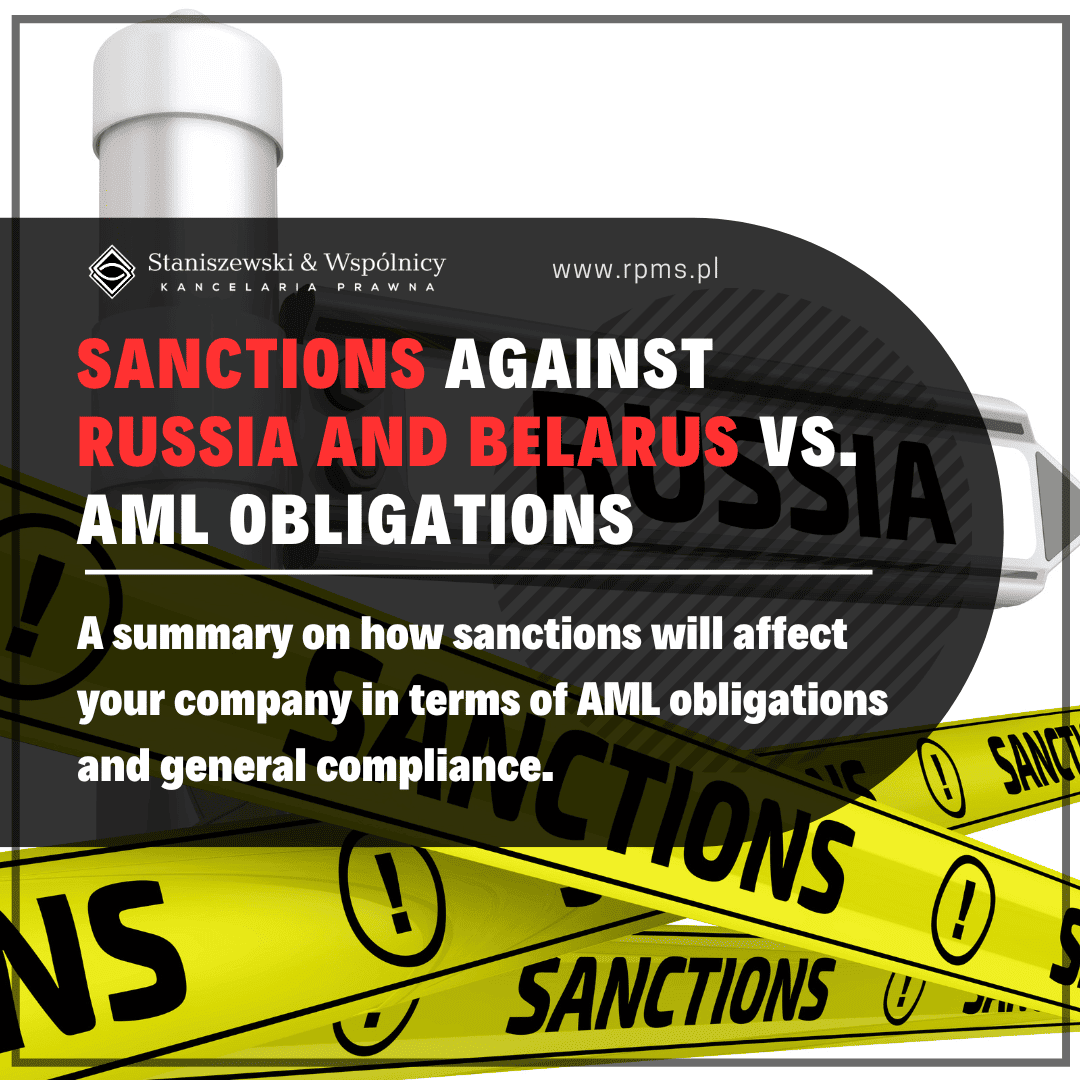Table of contents
Introduction

Recognition and enforcement of foreign court judgments are essential issues in today’s globalized world, where cross-border transactions and legal disputes involving individuals and entities are becoming increasingly common. As a member of the European Union, Poland adheres to international principles and regulations regarding the recognition and enforcement of judgments from other countries. It all depends on the country of origin and the issuance date of the judgment, whether it falls under European Union law, an international agreement binding the Republic of Poland with a specific country or provisions of the Polish Civil Procedure Code. This article discusses the process of recognizing and enforcing foreign court judgments in Poland in accordance with the prevailing legal provisions.
Legal Foundations
A crucial consideration, as mentioned earlier, is whether the party seeking recognition and enforcement of a judgment belongs to the scope of the European Union. Depending on EU membership, the three main legal acts governing the recognition and enforcement of foreign court judgments in Poland are:
- Regulation (EU) No 1215/2012 of the European Parliament and of the Council of December 12, 2012, on jurisdiction and the recognition and enforcement of judgments in civil and commercial matters
- International agreements – for judgments issued by courts of non-EU countries with which the Republic of Poland has an international agreement, recognition is based on the relevant agreement.
- Polish Civil Procedure Code – for judgments issued by courts of non-EU countries without an international agreement with the Republic of Poland
Countries with which Poland maintains international agreements include, among others:
• Ukraine,
• Norway,
• Switzerland,
• Iceland,
• Austria.
Information about international agreements binding the Republic of Poland with other countries can be found in the Online Treaty Database of the Ministry of Foreign Affairs.
It is important to note that EU regulations and international agreements governing the recognition of foreign judgments take precedence over provisions in the Civil Procedure Code.

Process of Recognizing Judgments

Regarding judgments issued by courts of EU member states, it should be noted that they are recognized automatically, without the need for additional special proceedings. However, this applies particularly to judgments issued after Poland’s accession to the EU on May 1, 2004, aiming to unify jurisdiction regulations in civil and commercial matters across member states.
A foreign court judgment is not recognized if:
• It is not final in the country of issuance.
• It concerns a matter falling under the exclusive jurisdiction of Polish courts.
• The defendant, who did not participate in the dispute’s substance, was not duly served the initiating documents in time to prepare a defense.
• A party was deprived of the opportunity to defend during the proceedings.
• The same claim between the same parties was already pending in Poland before the foreign court’s judgment or a Polish court issued a final judgment on the same claim.
• It conflicts with a prior final judgment issued by a Polish court or a foreign court’s judgment meeting the requirements for recognition in Poland, both involving the same parties and the same claim.
• Its recognition would be contrary to fundamental principles of the Polish legal order (public policy clause).
It is important to note that foreign judgments that do not resolve the merits of the case are not subject to recognition in Poland, for example, judgments dismissing a lawsuit or a request for evidence by a foreign court. Therefore, the court is obligated to examine not only whether the foreign judgment qualifies as a judgment under the Civil Procedure Code but also whether it is eligible for recognition, i.e., has discretion.
According to the Civil Procedure Code – concerning judgments issued from July 1, 2009, by a court of a country that is not an EU member state and does not have an international agreement with the Republic of Poland – an analogous principle is applied to judgments issued by EU member states’ courts, as they are recognized automatically under the law.
In case of a dispute regarding the effectiveness of a foreign judgment’s enforcement on Polish territory, parties with a legal interest may petition the competent court to determine the enforceability of the judgment. However, the party filing the request for enforceability must adhere to all procedural requirements and present an official copy of the judgment, certified as final and translated into Polish by a sworn translator.
The Civil Procedure Code stipulates that the adopted model of automatic recognition introduces significant facilitations and simplifications of requirements for foreign judgments. To avoid risks arising from possible divergent assessments of whether a specific judgment is subject to recognition, especially considering proceedings taking place before various authorities, the legislator enables any person with a legal interest in the recognition of a foreign judgment to request the initiation of a procedure to determine whether the judgment is subject to recognition or not.
Process of Enforcing Judgments
Polish legislation clearly indicates that judgments of foreign courts in civil matters, which are enforceable through execution, become enforceable titles upon their recognition of enforceability by a Polish court. Recognition of enforceability occurs if the judgment is enforceable in the country of issuance and no specific obstacles exist.
The scope of reviewing a request for the recognition of enforceability of a judgment from a foreign state court involves determining whether the foreign court’s judgment is legally valid and enforceable in the issuing country, as well as whether any obstacles listed in the Civil Procedure Code are present. However, it does not encompass an examination of whether the creditor can execute or obtain performance through a specific enforcement procedure, such as insolvency proceedings.
• Judgments issued by non-EU member state courts with which the Republic of Poland has no international agreement fall under the regulation of the Civil Procedure Code regarding their enforceability on Polish jurisdiction.
• Judgments issued by non-EU member state courts with which Poland has an international agreement are enforced on the territory of the Republic of Poland according to the terms of the agreement.
It should be noted that, as per the stance presented by the Supreme Court in Poland, adjudicating the enforceability and granting an enforcement clause to a foreign executory title cannot alter the substance of that title.

Conclusion

Specific provisions of domestic, international, and European law regulate the recognition and enforcement of foreign judgments in Poland. This process aims to uphold the principles of justice and facilitate the effective enforcement of rights and obligations in international legal relations. Parties interested in seeking recognition and enforcement of foreign judgments in Poland should familiarize themselves with the relevant procedures and legal requirements to ensure a smooth and effective process.














